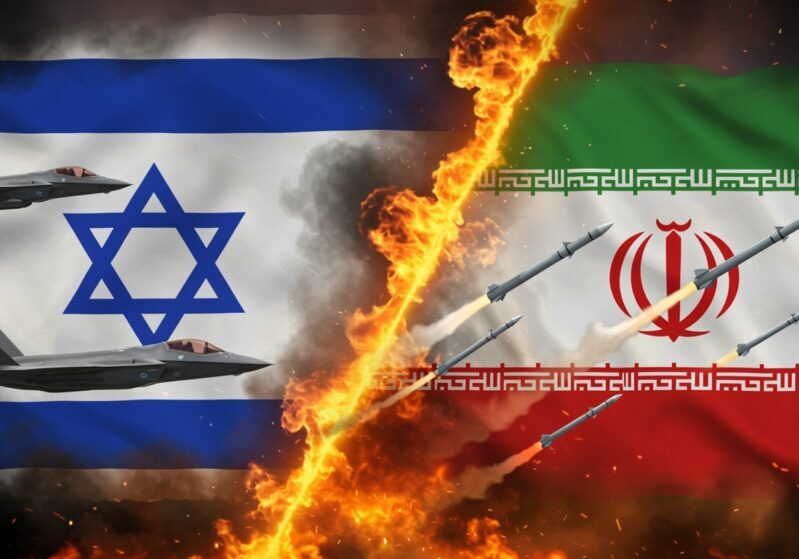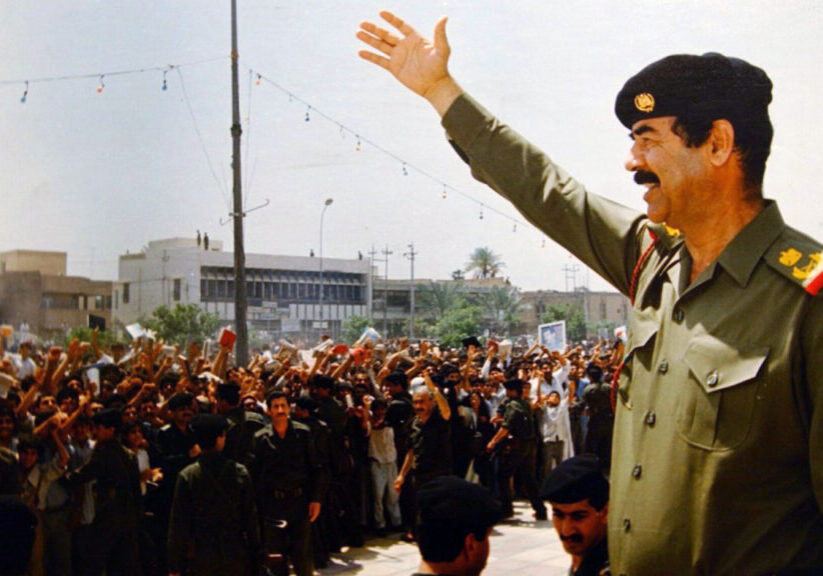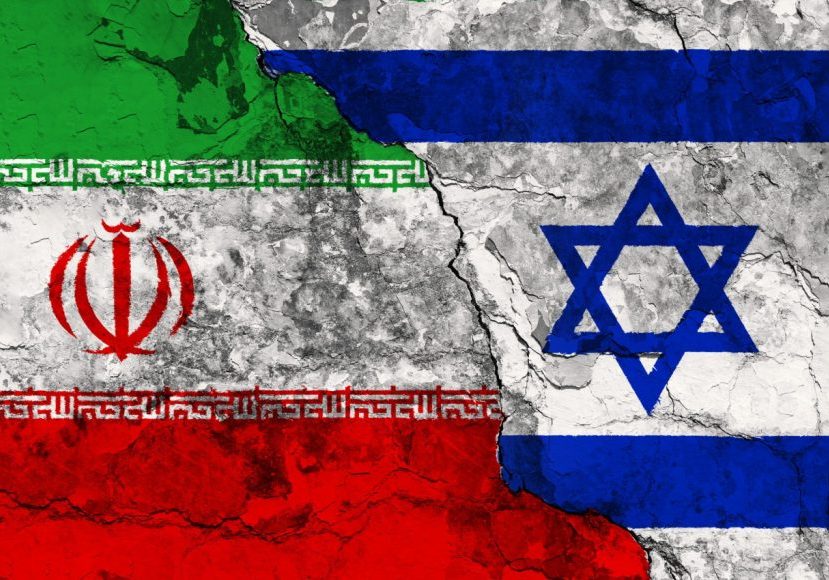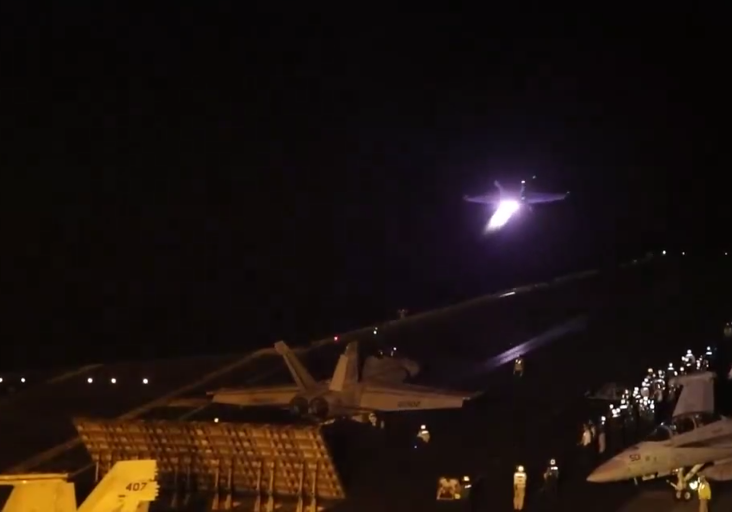Australia/Israel Review
Looking Ahead
Feb 1, 2005 | External author
Play it again, George
By Ehud Ya’ari
The outlines of the second Bush Administration’s approach to the Middle East began emerging from an American-Israel dialogue held in Washington in early December. The indications are that no major changes are planned in central matters of policy and there is to be no overall reassessment.
 |
| Bush, with new Secretary of State Condoleezza Rice: Mid-East engagement to include support for Israeli disengagement |
Though the rules bar me from attributing specifics to particular participants, this is the main conclusion to be drawn after listening to such figures as former President Bill Clinton, Deputy Secretary of Defence Paul Wolfowitz, Dr Henry Kissinger, Secretary of the US Air Force James Roache, Senators Hillary Clinton and Joe Lieberman, World Bank President James Wolfensohn, former State Department officials Martin Indyk and Dennis Ross, and others. The meeting took place under the auspices of the Brookings Institution’s Saban Centre for Middle East Policy and Tel Aviv University’s Jaffee Centre for Strategic Studies.
Here are some of the other conclusions:
• The support for Ariel Sharon is seen as having borne fruit, not least following President Mubarak of Egypt’s recent endorsement of the Israeli prime minister, whom he had been more used to chiding in public. In the new administration’s view, Sharon must continue with his disengagement plan the moment he manages to set up a more stable government. Early elections in Israel would be received with disappointment, lest the opportunity for a fairly fast deal with Mahmoud Abbas (Abu Mazen) be missed.
• Abu Mazen currently has an open credit line in Washington, though not an unlimited one. The Americans believe that he is the most beneficial choice for the Palestinians at this stage, but they have their doubts about his political strength and his personal ability to bring about a de-Arafatisation of the Palestinian Authority. Should the moderates do badly in the Palestinian Legislative Council elections scheduled for May, this would be taken as proof that the Palestinians haven’t learned the lessons of the Arafat era. In that case, Washington would give them the cold shoulder again.
• Absolute priority is being given in Washington to trying to turn the disengagement from Gaza into a reengagement with the PA. The intention is to provide Gaza with a sum of a billion dollars Ð including contributions from the Gulf states, whose revenues have gone up by some $70 billion per year as a result of rising oil prices. Turning around the Palestinian economy is seen here as a fairly cheap, possible and essential task. The houses of the Gaza Jewish settlements will be destroyed to make way for a more appropriate type of building, as part of a broad employment program.
• A successful Gaza evacuation will lead the administration to accept the Palestinian proposal for resuming negotiations on the final status. The step-by-step method has been tossed out of the window. Yet the point of resuming final-status negotiations is first and foremost to get the two sides to Phase Two of the Road Map: the establishment of a Palestinian state in provisional borders.
• In any event, even in areas where agreement is reached, implementation will be stretched out over four or more years. The Americans are sceptical about the Palestinians’ ability to make the necessary concessions on the refugees and Jerusalem, and about the Israelis being able to go back to Ehud Barak’s offer. But they believe that even a declaration that these issues are being discussed will facilitate progress, albeit at a slower pace.
• There is no great excitement about Syrian President Bashar al-Assad’s signals of willingness to resume negotiations with Israel, even without conditions. The level of annoyance here with Syria’s behaviour vis-a-vis Iraq is many times greater than the media would have it. Renewed pressure on Damascus is only a matter of time, and the focus will be on the withdrawal of Syrian troops from Lebanon and ensuring clean general elections in the spring. In short, the Americans do not intend to push Sharon into a “Big Bang” on two fronts simultaneously.
• Regarding the nuclear development of Iran, again, the media headlines don’t reflect the full urgency with which the United States views Iran’s determination to inch toward the bomb. The Administration will try recruiting the Europeans to create a real threat of economic sanctions to stop Iran in its tracks. If Washington is subsequently convinced that this approach is not working, however, though nobody will say so explicitly, a military option has not been ruled out. Such action would be difficult and complicated and involve huge risks, but it is a possibility. In the first months of 2005, the direction will start to become clearer.
• Iraq is perceived as an arena that doesn’t promise success, but that must not be written off as a failure. The army will continue fighting to wipe out the insurgency in the Sunni sector amid efforts to stabilise the central government with Shi’ite-Kurdish support. It would take many catastrophes to make the Americans consider withdrawing prematurely.
Finally, the consensus at the Washington parley was that there will be quite firm bipartisan support for all of the above.
![]()
Ehud Ya’ari is chief Middle East commentator for Israel’s Channel 2 Television news, and Middle East editor of the Jerusalem Report. © The Jerusalem Report, reprinted by permission, all rights reserved.
Tags: Iraq






